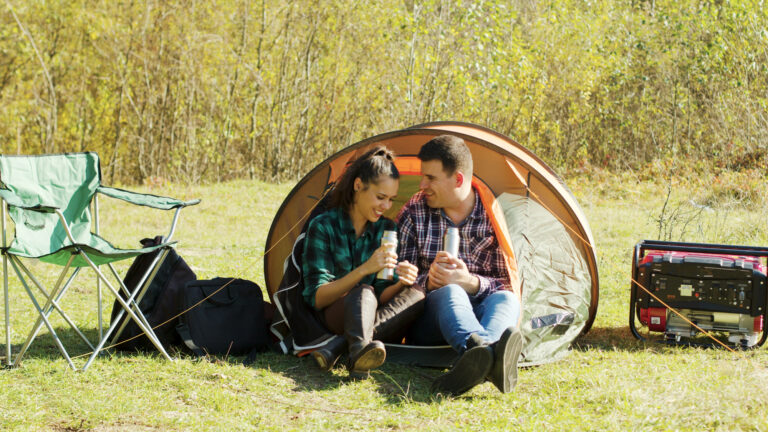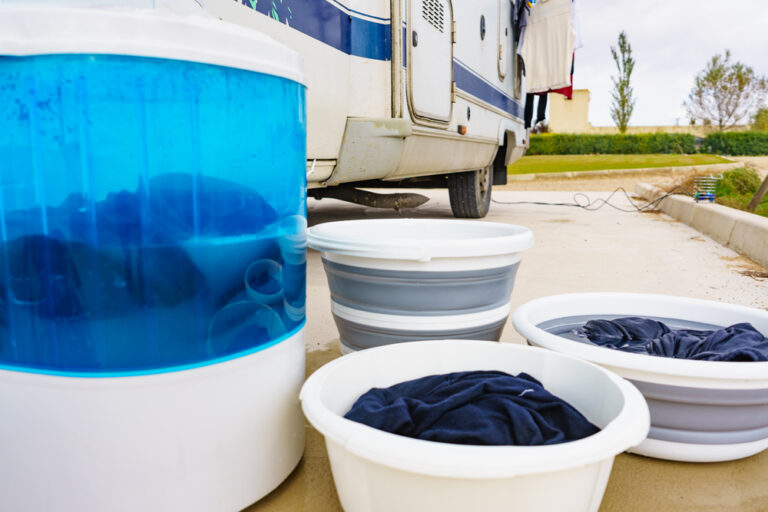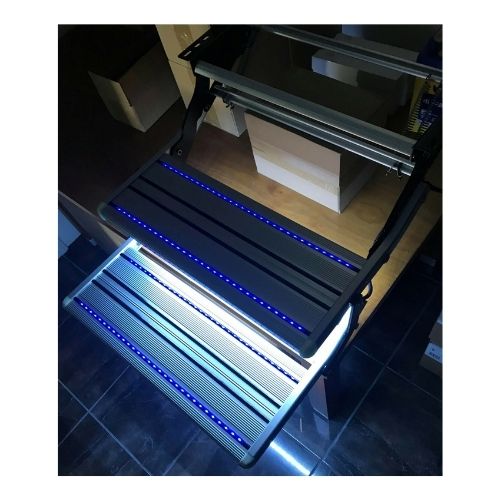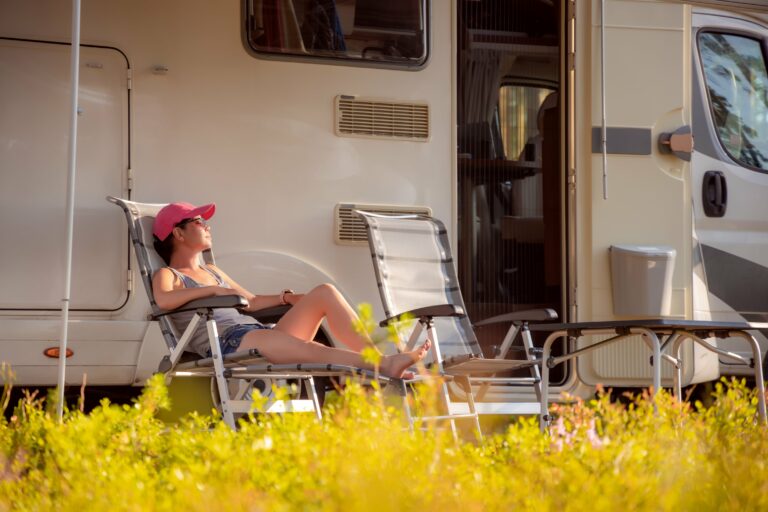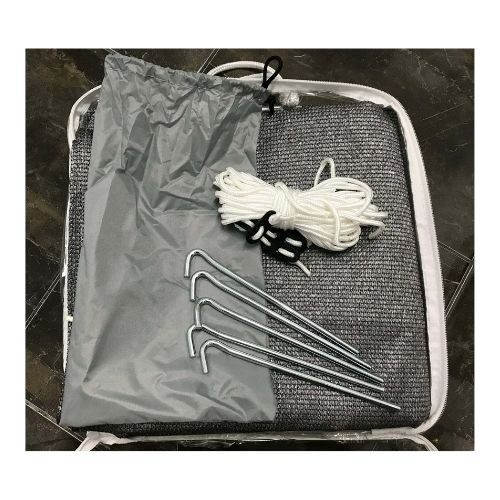Caravanning Safety Checklist: How to Ensure a Safe Trip
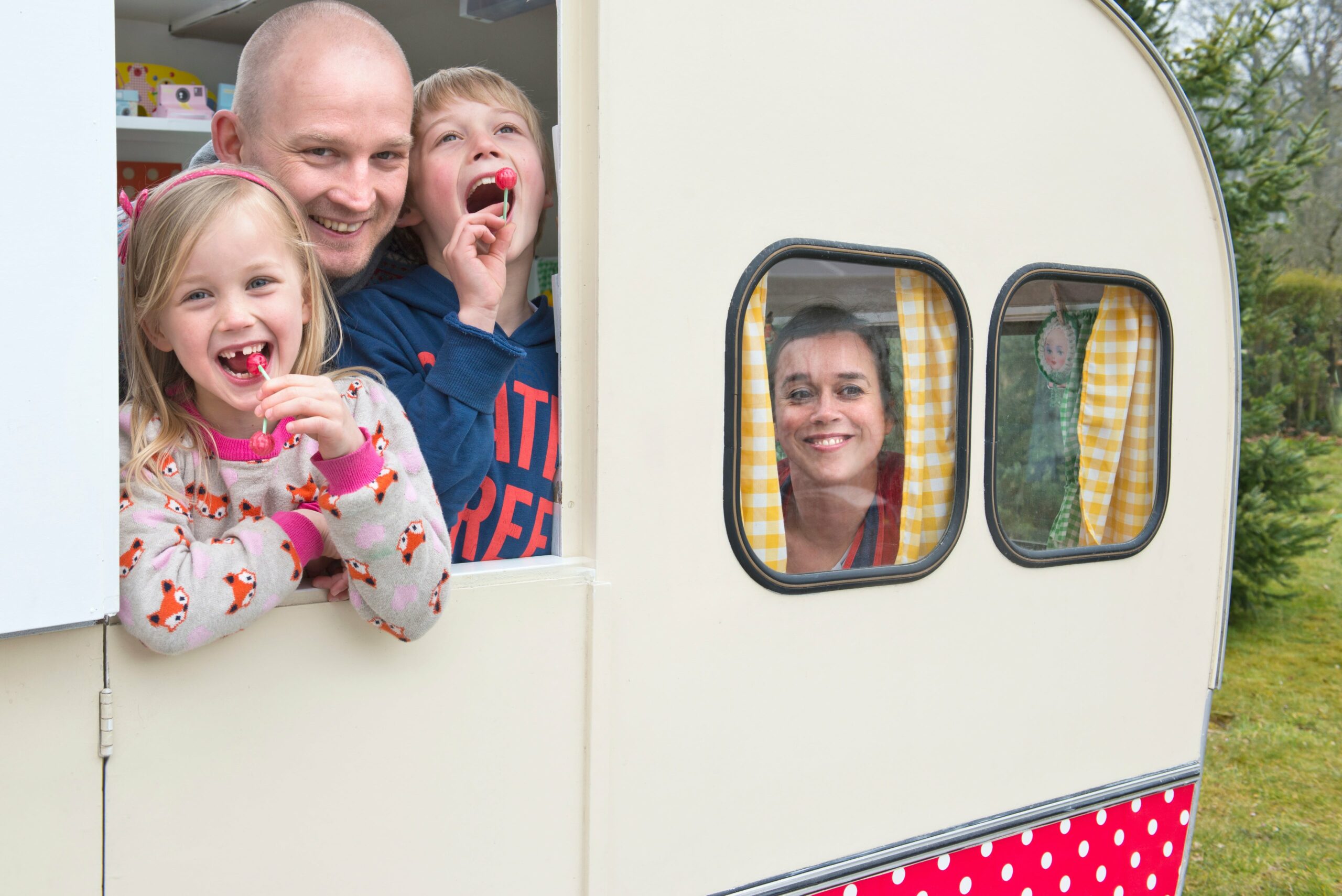
With its stunning beaches, bushlands, and open countryside, Australia’s great outdoors is a caravanner’s heaven. Exploring these places is quite satisfying, but a truly enjoyable vacation requires safety.
Every trip should prioritise safe camping approaches, whether you’re camping in a national park, caravan park, or off the beaten path. In addition to breathtaking views, a good caravanning journey requires planning to reduce risks like vehicle breakdowns, camping dangers, the elements, and, unfortunately, occasional crime.
Although Australia is a great country to explore, finding safe, secure, or authorised overnight parking is essential. This caravanning safety checklist covers everything from vehicle preparation and smart packing to safe towing procedures and campsite setup so you can stay safe and focus on making lasting memories.
Plan Ahead
Allow enough time to prepare for the trip, making sure to plan out your itinerary, make reservations in advance, and check your insurance to ensure a fun and safe trip.
- Book Ahead — Reservations should be made months in advance for busier areas because popular campsites often fill up quickly.
- Map Your Route — To avoid overextending yourself with lengthy travels, schedule rest stops and overnight stays.
- Research Safety — Check each location to ensure it’s safe and secure from theft and other threats.
- Review Insurance — Ensure your policy includes liability, theft, fire, and weather coverage, especially for remote places.
Vehicle Preparation
You can guarantee a safe and easy trip by thoroughly preparing your car and caravan. A pre-trip check might help you avoid any unexpected issues while travelling.
- Routine Maintenance — Take a good look at the caravan and towing vehicle in detail before you leave, paying close attention to the tyres for wear and adequate pressure. Ensure the connection mechanisms are secure and that your brakes are responsive. Remember to check the levels of all fluids (brake, transmission, and engine oil) and watch for any odd wear and tear that can create further issues when travelling.
- Weight Capacity — Ensure your towing vehicle can safely carry the caravan’s weight to prevent poor handling, increased fuel consumption, and even mechanical failure. To ensure stability, load the caravan equally and check its gross trailer mass and towing capacity.
- Lights and Brakes — To guarantee visibility and avoid accidents, especially at night or in low visibility situations, test your caravan’s lights, including the brake lights, turn signals, reflectors, and tail lights.
Packing and Load Distribution
When towing your caravan, stability and safety depend on proper packing and even load distribution. Your car’s handling, fuel efficiency, and overall safety can all be impacted by an uneven load.
- Balanced Packing — Packing your heavier objects low and near the centre of the caravan will help maintain balance and lower your centre of gravity. This avoids swaying, instability, and tyre damage. For smooth handling when braking or turning, try to maintain an even weight distribution on all four tyres.
- Secure Loose Items — Avoid damage or unbalance from shifting items when driving by securing all straps, nets, or dividers before you take off.
- Regularly Check Load Distribution — To guarantee that the weight is distributed evenly from front to back, periodically check the load distribution throughout your travels. Overloading your towing vehicle can create strain and cause handling issues.
Towing and Driving Safety
It takes extra care and caution when towing a caravan since it affects how your vehicle reacts and behaves on the road. By practising safe driving habits, you can lower the dangers of towing and ensure a stable, smooth trip.
- Drive at a Steady Pace — When towing a caravan, you’ll want to keep your speed consistent and avoid accelerating and decelerating suddenly. Slow speed adjustments reduce the strain on the caravan and towing vehicle and prevent swaying.
- Wide, Slow Turns — Because a caravan demands more room when turning due to its length, always take turns more widely than you would without one. Slow down carefully before turning bends, and avoid sudden movements that could destabilise your caravan.
- Increase Stopping Distance — Due to the caravan’s additional weight, you need additional time to stop. Increase the following distance between you and other cars so you have enough space to brake properly. Avoid tailgating and give yourself extra room for any sudden stops.
- Be Mindful of Wind — Your caravan’s stability can be severely impacted by strong winds, especially while travelling through tunnels or exposed highways. When towing in windy conditions, be cautious and adjust speed and distance as needed.
- Stay Updated on the Weather — Pay close attention to weather forecasts throughout your journey, especially in regions prone to erratic weather patterns. If severe weather is predicted, modify your travel plans and take necessary precautions like slowing down or seeking shelter.
Roadside and Emergency Equipment
Safety and stress levels can be improved when travelling by being adequately prepared for roadside emergencies. You can deal with anything that comes your way when you have the necessary tools available and ready to use.
- Crucial Safety Equipment — Always have a flashlight, emergency triangles, a spare tyre, a fire extinguisher, and a first aid kit with you. These are all important for quickly addressing accidents, car problems, or other dangerous situations.
- Roadside Tools — Your emergency pack should contain jumper cables and tolls. These can be helpful with minor mechanical problems like a dead battery. Keeping these tools handy allows you to troubleshoot and resolve minor issues without needing to call for assistance and gets you back on the road faster.
Security Tips for Caravanning
You should consider implementing several layers of security to protect your caravan and belongings:
- Wheel or Hitch Lock — Prevents any unwanted movement
- Lock Doors and Windows — A straightforward and effective deterrent
- Keep Valuables Hidden: Keeping valuables tucked away lessens the incentive for thieves
- Install Alarm and Security Lights — Discourage intruders and alert you of any trespassers by installing awning lights and security lights or alarms.
- Visible Security Features — The caravan is less attractive to burglars when equipped with cameras or alarms
- Play Music — Playing music gives the impression that someone is inside
- Awnings and Privacy Screens — Installing an awning or privacy screen provides an additional layer of protection
TRA Australia: Caravan Adventure Accessories and Caravanning Safety Checklist
If you own a caravan or RV and are looking for accessories to create a comfortable and enjoyable journey, TRA Australia has your back for all your outdoor gear needs. We provide a great shopping experience to enhance your life on the road in all terrains and seasons with a wide selection of dependable, high-quality products at affordable rates, first-rate customer support, and a strong warrants and returns policy.
We take pride in being a provider for both businesses and people in the RV industry. Shop with us to elevate your outdoor adventures.




